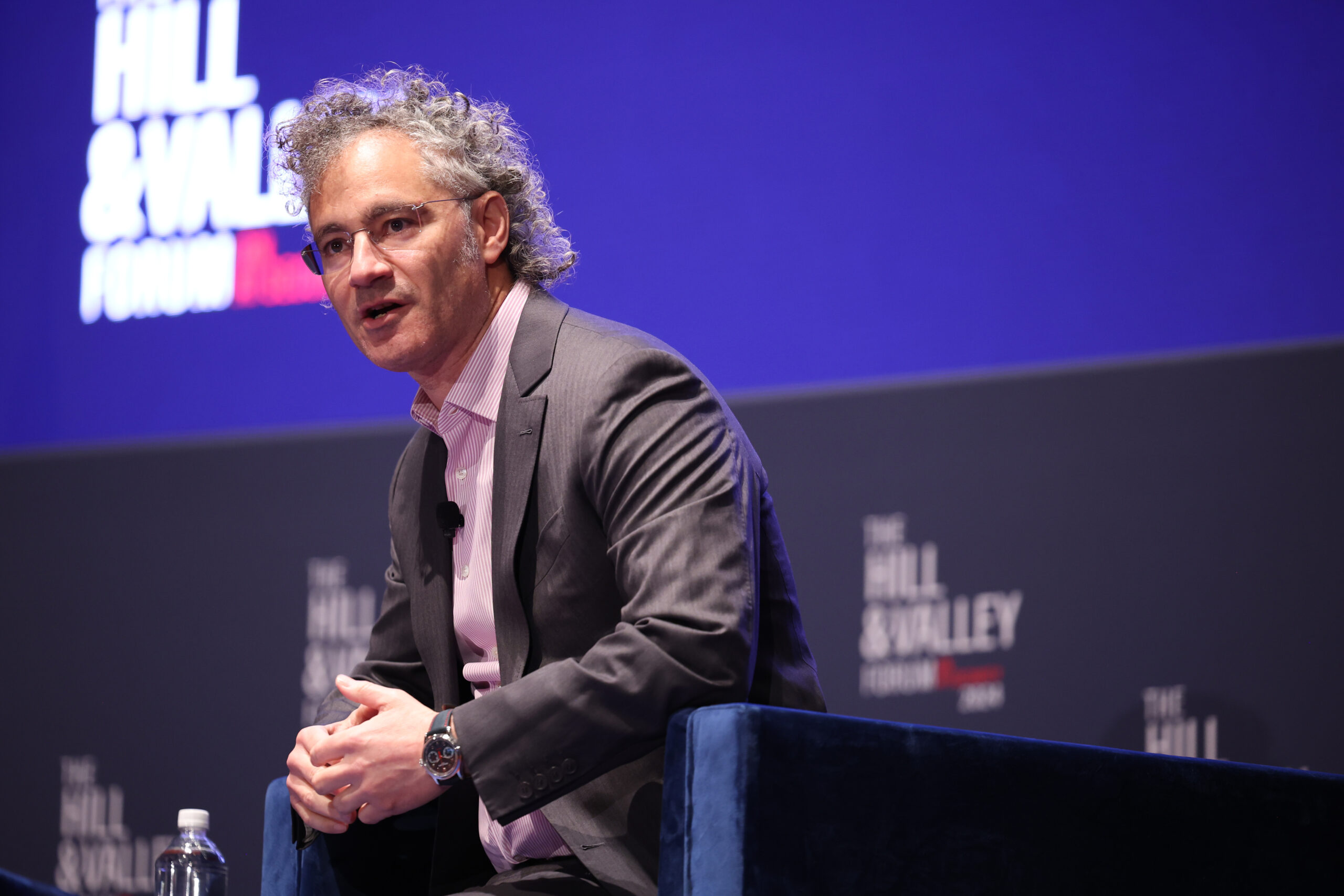Recognizing the true nature of the Radical Feminist Movement
Young Women in the Workforce: The Unfulfilled Feminist Dream
Once promised the feminist dream of equality, young women have entered the workforce only to find that the reality falls short of their expectations. They were told they could be just like men, work 40 hours a week, and love it. However, the truth is far from glorious. Many Gen Z women are struggling to make ends meet, working long hours, and sacrificing personal time.
The realization Gen Z is coming to has been a topic of extensive discussion. Eliza, known as @supposedlyasystem, recently shared her feelings on TikTok, expressing her frustration with working 40 hours a week for little pay. In a tearful monologue, she questions why she has to endure such exhaustion just to afford basic living expenses.
“Why is it that I have to work 40 hours a week just so I can have a place to live? … I work 40 hours a week so I can have a two-bedroom apartment and an extra $300 a month. … So not only do I not have any extra money, but just working makes me so exhausted that I don’t have time either. Like, I get off work at 5:30, I come home and I am just so tired. I’m so tired… I don’t want to do that anymore, right? I don’t care how poor and miserable I would have to be, but I literally can’t have a place to live without this. You know, like, I don’t know what to do. I’m not made for this.”
Eliza’s video has faced ridicule, but she is not alone in her sentiments. Many Gen Zers share her frustrations. So, why is this the reality? The answer lies in the misguided ideals of previous feminists who insisted that women could be just like men.
Women are not identical to men biologically; we have different roles in life. However, feminists propagated the belief that women could be the same as men. They encouraged women to take birth control to avoid pregnancy and urged them to work alongside men in the same capacity.
WATCH: Candace Owens
Now, in 2024, women are realizing that perhaps Mother Nature had it right all along. Despite the freedom they were promised, many women find themselves unhappy living this so-called “dream.” Maybe embracing the ability to bear children and the natural inclination to raise them is a more fulfilling path for women. Women possess unique skills in caring for children and managing households, while men are biologically predisposed to repetitive work.
Unfortunately, women are still clinging to the feminist narrative, even though it fails to bring them happiness. This dream may help pay the bills, but in the past, women would have sought a partner, married, and focused on raising children. The husband would have provided for the family, and women would have found fulfillment in their domestic roles.
Speaking from personal experience, I can say that my grandmother, who dedicated herself to raising her children, didn’t cry every day from the stresses of motherhood. She found fulfillment in managing the household and caring for her family. Similarly, spending the entire day with my own children, though exhausting, brings me deep satisfaction that no office job can match.
Not every woman feels as overwhelmed as the Gen Zers sharing their trauma, but a significant number of women are dissatisfied with their lives. It’s time to acknowledge that continuing to embrace this radical feminist movement is our own fault. We shouldn’t look down on women who recognize the flaws of this “dream.” Instead, we should all be heading in their direction.
How does the gender pay gap perpetuate the belief that women should strive to be like men in order to achieve equality?
Belief that women should strive to be like men in order to achieve equality. While it is true that women have made significant strides in the workforce and have broken through many glass ceilings, the idea that women can seamlessly juggle a career and personal life without any sacrifices or hardships is a fallacy.
One of the main issues that young women face in the workforce is the gender pay gap. Despite the progress that has been made, women continue to earn less than men for doing the same job. This wage disparity not only hampers their financial independence but also perpetuates the idea that their work is not as valuable as that of their male counterparts.
Furthermore, the expectations placed on women in the workforce often clash with their desire to have a fulfilling personal life. Many young women find themselves working long hours and neglecting their hobbies, interests, and relationships in order to meet the demands of their job. This imbalance not only affects their mental and physical well-being but also prevents them from fully experiencing the joys of life outside of work.
The pressure to constantly prove themselves and live up to the standards set by society also takes a toll on young women. They are constantly under scrutiny and are often made to feel inadequate or incompetent simply because they are women. This contributes to feelings of imposter syndrome and can hinder their self-confidence and professional growth.
It is important to acknowledge that the feminist movement has achieved significant progress in terms of women’s rights and opportunities. However, it is equally important to recognize the limitations and challenges that women continue to face in the workforce. The dream of equality cannot be fully realized until we address these issues and work towards creating a more inclusive and supportive work environment for all individuals, regardless of their gender.
In conclusion, the reality for young women in the workforce falls short of the feminist dream of equality. The expectations placed on them, the gender pay gap, and the sacrifices required all contribute to an unfulfilled experience in the workplace. It is crucial that we continue to strive for true gender equality, not by trying to make women be like men, but by acknowledging and embracing the differences and unique contributions that women bring to the table. Only then can we create a more equitable and empowering environment for young women in the workforce.
" Conservative News Daily does not always share or support the views and opinions expressed here; they are just those of the writer."





